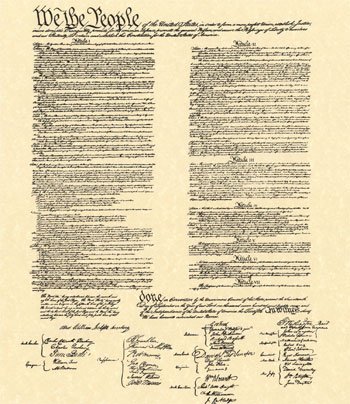In a previous post we discussed data ownership and some of the legal implications of personal data in court. We also suggested that using TwoSense, or any other self quantifying service, could give you easy access to use your own data in case you needed it. But that is not the whole story. Recently, a circuit court overturned a previous decision to protect location data under the 4th Amendment. That decision required the authorities to obtain a warrant to acquire your location data form a 3rd party, such as your cell carrier.

The decision was based on the ruling that the user had no legitimate expectation of privacy for that data when it was provided to the carrier. In theory, if that expectation existed, then a warrant is indeed required under the 4th Amendment. A cell provider that offered privacy to their users would therefore fall under 4th Amendment protection, but that would disable further data monetization strategies such as advertising and marketing, so none exists. We can only assume that the increase in customers through the demand for privacy is worth less monetarily than the revenue generated from marketing services, which does follow trends we’ve looked at before. But we can also assume that a privacy-preserving 3rd (or 4th) party data service (e.g. TwoSense) would be protected under the 4th Amendment.
But the 4th Amendment is not the only one that could apply here. The 5th Amendment protects the individual’s right to not incriminate themselves. What if you have access to your personal data that incriminates you? Do you have to surrender that data? And what is the responsibility of a 3rd party that also has access to surrender that data? Morally these are questions with no straightforward answers. Legally, there are some though. Precedence was created when the court protected encryption keys under the 5th Amendment, so if your data is encrypted, you do not have to surrender the password. But otherwise, as far as I can tell (see disclaimer), your data can be subpoenaed and you have to comply, wether or not that data incriminates you.
Disclaimer: I am not a lawyer, this is not legal advice.






